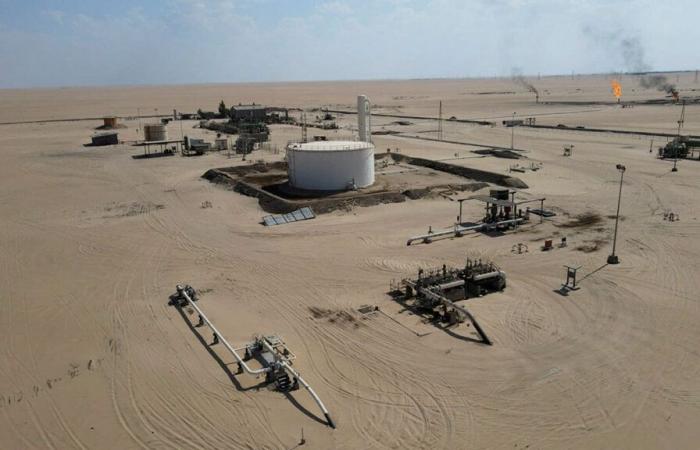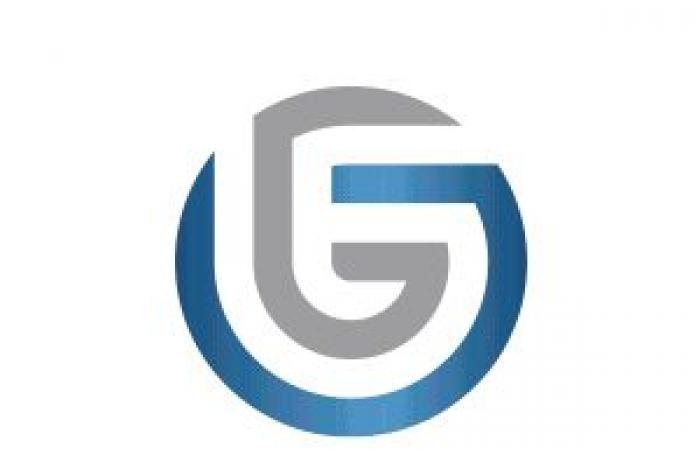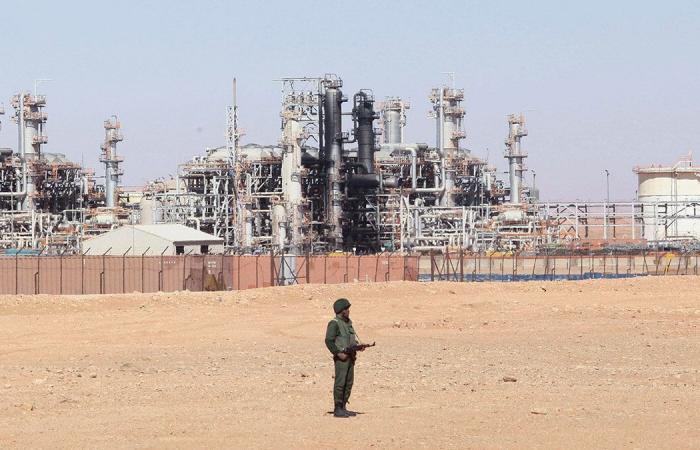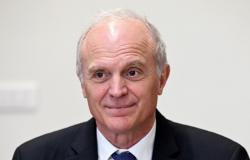- The Problem of New Discovery
- The Moroccan oil sector
The possible new oil discovery off the Moroccan coast of Inezgane has been the subject of media reports in recent days. The new oil field is said to have reserves of around 1 billion barrels of oil. The problem is that this discovery, according to the Association of Spanish Petroleum Geologists and Geophysicists (AGGEP), is false and dates from 2022.
The announcement was made by the British company Europa & Oil, which owns 75% of the operation, with the remaining 25% belonging to Morocco. Furthermore, according to their studies, the area has potential, but the quality of the crude oil must be verified and an investment of time and money in infrastructure must be made.
This field is estimated to have reserves of around 1 billion tonnes and an exploitation potential of 11,220 square kilometers along the coasts of Tarfaya, Sidi Ifni and Tan-Tan. Although some countries, such as China, are trying to abandon the use of oil due to pollution, it is still considered a valuable element.
The Problem of New Discovery
Jorge Navarro, vice-president of the Association of Spanish Petroleum Geologists and Geophysicists, explains that, firstly, the announcement is not new, since it dates back to 2022, and that this discovery did not exist, which AGGEP had already clarified at the time. This is all due to a misinterpretation of the prospective resource figures provided by Europa Oil & Gas.
The document published by the British company aims to find a partner capable of financing the drilling of the exploration well on the Inezgane permit. Additionally, it details undiscovered resource volumes for the five prospects that this assessment believes have the highest potential.
Regarding exploration, Navarro says that to confirm such a high volume of oil would have required drilling all five fields, which, while theoretically possible, requires a significant investment and a high exploration success rate.
It adds: “The sum of the Pmean volumes of the five primary target prospects amounts to 1.67 billion barrels of oil equivalent per day (mmboe).” This figure is higher than that reported by the media, but it cannot be considered a new discovery. If this amount of oil were one day approved, it is estimated that it would cover Spain’s needs for at least three years.
But there is another problem: the supposed discovery only contains oil according to data from a technical evaluation document of an exploration license, but not in the subsoil.
-In addition, no oil has been extracted from the area to date, and the British company even gave up the Inezgane permit in November 2022, failing to find a partner to finance the project. Navarro explains on this subject: “This type of document, known in oil jargon as a “farm-out”, is used to propose the sale of a stake in a permit to other companies.”
In the same area, but in Spanish territory, potential deposits have also been discovered, but Spain, by committing to promoting only clean energies that do not contribute to the greenhouse effect, as shown by law 7/2021 on climate change and energy transition, prohibits new exploration projects in Spanish territory and limits current exploitation until 2042.
It should be noted that Spain, since 2014, has only processed two permits aimed at the search for autonomous type hydrocarbons in the regions of Aragon and Asturias, otherwise it has not carried out any explorations in search of oil, as reported by the Ministry of Transition.
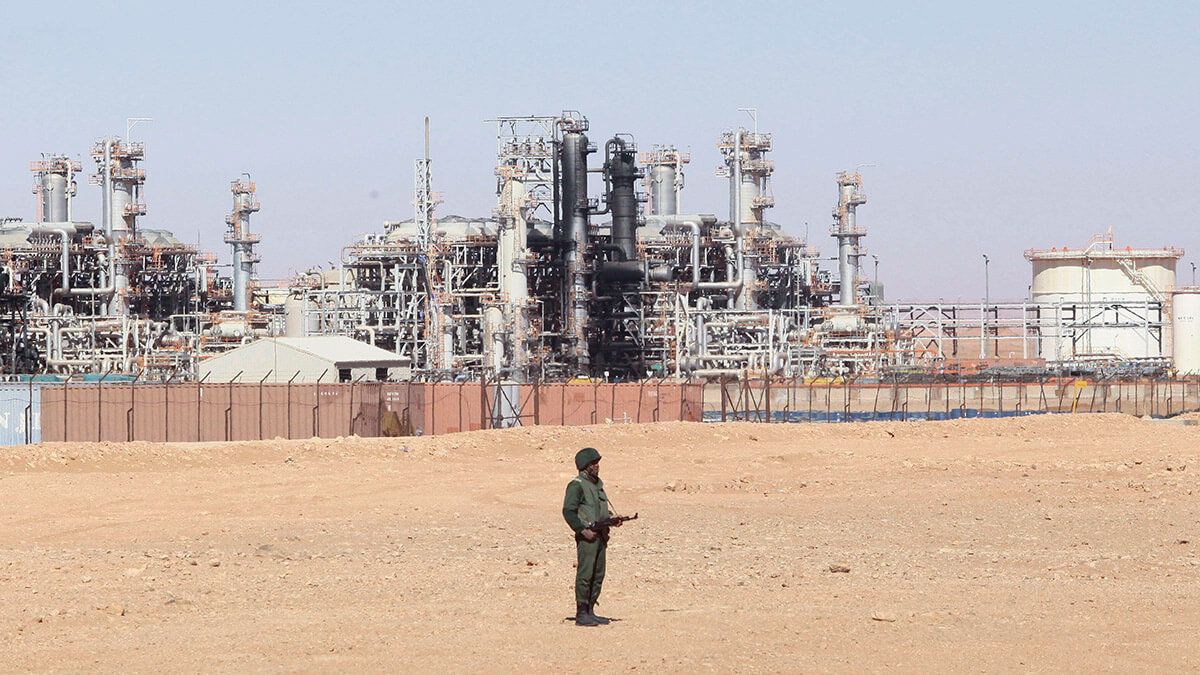
The Moroccan oil sector
In terms of Morocco’s gross domestic product (GDP), if this discovery is confirmed, the deposit could be worth $586.4 billion, almost five times more than Morocco’s GDP.
This discovery, if proven, will have a beneficial economic impact for Morocco which is experiencing rapid industrialization due to the arrival of electric and thermal car factories.
Furthermore, Morocco’s oil sector will undergo a significant transformation, with the introduction of a new market system that promises to revolutionize the industry’s operations and governance. The initiative, scheduled to be implemented in 2025, aims to improve transparency, streamline processes and increase the overall efficiency of the country’s vital energy sector.
This new system aims to implement a standardized and digitized marking process, as the government wishes to bring about a paradigm shift and ensure a more organized and transparent environment for all stakeholders.
The system focuses on the objective of establishing a solid and reliable framework for the petroleum sector. In terms of oil production, Morocco exported $47.5 billion worth of crude oil in 2022, placing it 83rd among global exporters, with its main customers being South Korea, the Netherlands and Namibia. , according to data from the Observatory of Economic Complexity.

